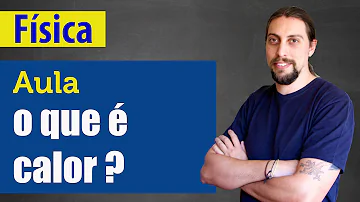O que significa a sigla JK em inglês?
Índice:
- O que significa a sigla JK em inglês?
- O que quer dizer ETA em inglês?
- Como se abreviar without?
- Quando usar BTW?
- O que é ETA em TI?
- Como abreviar realmente?
- What does LMK stand for in medical terms?
- What does the abbreviation for " Let me know " mean?
- What's the difference between LMK and lyk?
- What does LMK mean in face to face conversations?
O que significa a sigla JK em inglês?
Aqui no Brasil JK é associado a Juscelino Kubitschek, que aliás foi quem fundou a Cultura Inglesa MG em 1941, mas na “internet slang” é a abreviação de “just kidding”, que tem o mesmo significado de “JJ”, de “apenas brincando”.
O que quer dizer ETA em inglês?
ETA = Estimated time of arrival (hora prevista de chegada)
Como se abreviar without?
W/O = “Without”. Tradução – Sem. W8 = “Wait”.
Quando usar BTW?
BTW: Sigla do inglês "By the Way". É utilizada como forma de expressar "Por falar nisso", "Antes que eu me esqueça", " A propósito", ou algo do gênero.
O que é ETA em TI?
Aprenda as palavras que você precisa para se comunicar com confiança. abbreviation for estimated time of arrival: the time you expect to arrive: What's your ETA?
Como abreviar realmente?
re·al·men·te te.
What does LMK stand for in medical terms?
- What does LMK mean as an abbreviation? 10 popular meanings of LMK abbreviation: All Acronyms. 2021. LMK. Retrieved J, from https://www.allacronyms.com/LMK
What does the abbreviation for " Let me know " mean?
- This page is about the various possible meanings of the acronym, abbreviation, shorthand or slang term: LMK. Internet » Chat -- and more... What does LMK mean? "LMK" (initialism for "Let Me Know") is a song by American singer and songwriter Kelela.
What's the difference between LMK and lyk?
- The opposite of LMK is LYK, which stands for Let You Know. LMK is a request for information whereas LYK is a promise to provide information.
What does LMK mean in face to face conversations?
- LMK is pretty well common knowledge and a popular phrase you'll likely hear spoken in face-to-face conversations. It's essentially a request for information from someone, typically whenever they might be ready to provide that information in the future.











